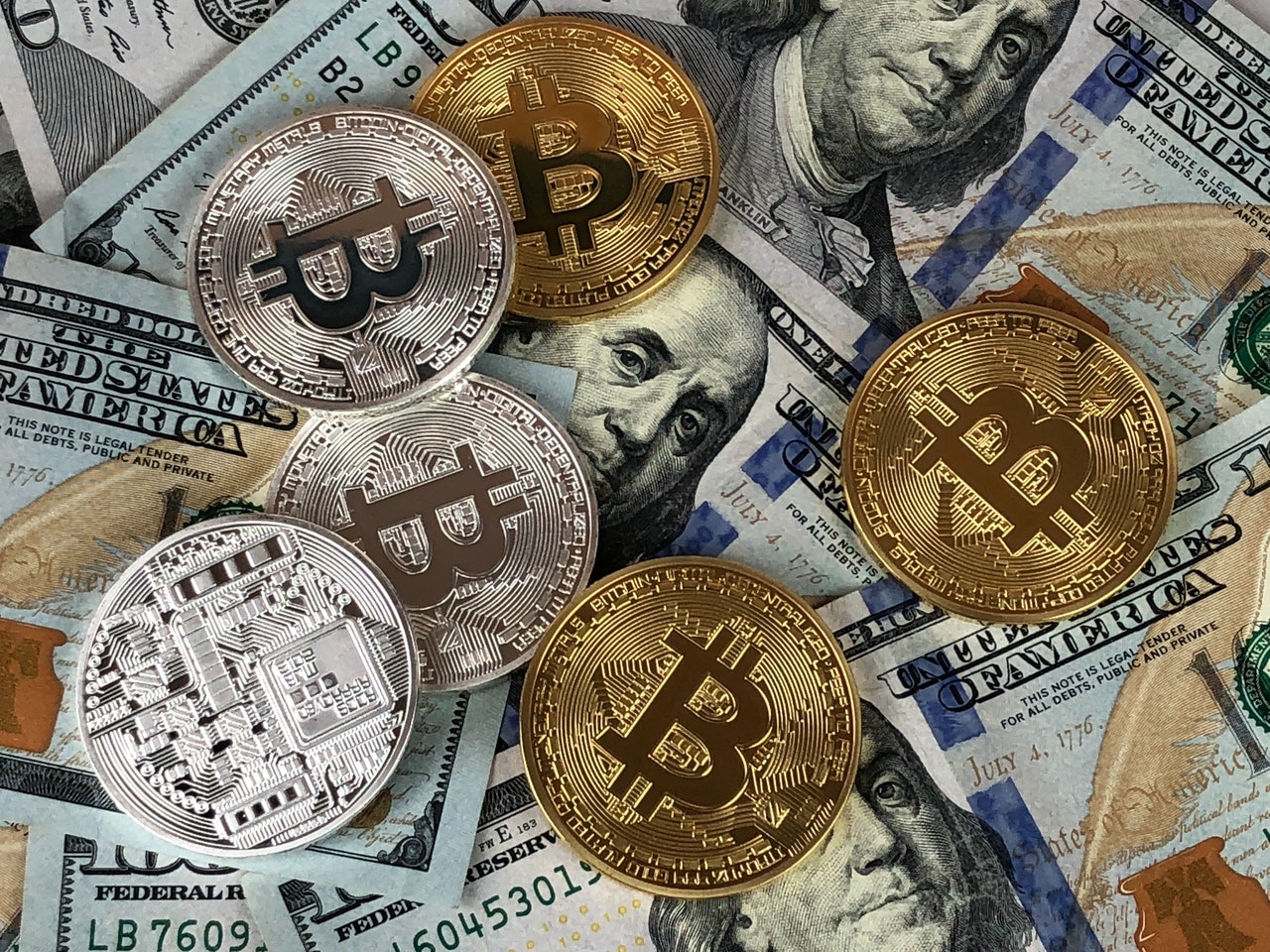The U.S. bitcoin exchange traded fund (ETF) market could be worth $30 billion by 2024, if not earlier, as a string of funds rush to win regulatory approval amid rising investor appetite for cryptocurrencies, analysts say.
On Wednesday, the SEC cleared VanEck’s Bitcoin ETF Strategy (XBTC) to begin trading on October 25 – sending Bitcoin (BTC) into a fresh all-time high of $66,700 during Wednesday’s late morning trading.
But more than VanEck, what trigged the big bounce in the world’s largest digital currency (boosting the crypto market to $2.6 trillion), was Tuesday’s smashing debut of the ProShares Bitcoin Strategy ETF (BITO), which also climbed as much as 5% in Wednesday morning trading after luring as much as $1 billion in assets. The launch was so successful that BITO became the second-largest ETF debut in history following the Blackrock Carbon Transition Readiness ETF’s (LCTU) roll out in April, according to analysts.
“This is already one of the three largest ETFs of all time,” 3iQ Digital Assets’ President Chris Matta said as BITO hit $600 million in trading volumes. “There is lots of demand.”
BITO held roughly 1,600 bitcoin futures contracts valued at a 5% to 10% premium or ‘contango’ to bitcoin’s trading price as of noon trading on Tuesday, according to Matta.
Futures contracts are derivatives that help investors place bets on the future price of an asset, enabling them to profit from spot (current) prices versus future values. Futures ETFs are seen helping retail investors access bitcoin without having to use exchanges or wallets, which are still seen as risky and subject to manipulation.
Matta says BITO, the first bitcoin futures ETF to again approval in the U.S., has boosted excitement for bitcoin futures trading with so-called open interest climbing to $20 billion versus $12 to $13 billion last month.
10X Canada’s Size
As a string of futures ETFs rush to gain SEC approval by Christmas – paving the way for a physical fund that will eventually hold bitcoin and other cryptocurrencies directly – Matta forecasts the U.S. market could top $30 billion in three years. This would be roughly 10 times the size of the Canadian market where several ETFs hold bitcoin directly (including 3iQ’s BTCQ) and where, in contrast to America, futures ETFs have failed to take off. This is partly due to tax inefficiencies requiring higher payments than futures ETFs.
“The U.S. market is 10 times the size of Canada where physically-based bitcoin ETFs have $3 billion of assets under management (AUM) and futures make up less than $20 million,” Matta explains. “If the U.S. approves physical ETFS, the market could be worth $30 billion.”
Todd Rosenbluth, who heads ETF research at CFRA, agrees the space could hit that mark, though the notes spot ETFs will continue to face regulatory uncertainty. “There is definitely pent-up demand based on the ProShares trade. This could be a large suite of products over time.”
He points out that the Grayscale Bitcon Trust Fund (GBTC), which tracks bitcoin’s price but is expected to see outflows as investors seek half the fees in the ProShares alternative, is working to convert into a bitcoin ETF and could indeed become the first such U.S. vehicle.
“This fund is over $30 billion in size so assuming it succeeds in converting to a physical ETF, you can count that as a sizable asset,” adds Rosenbluth.
While ProShares will gain the first mover advantage, its 0.95bp maintenance fee could be beaten by others seeking investors’ funds, notably from Ark Investments, Cathie Wood’s leading ETF vehicle that’s also expected to launch a rival bitcoin ETF by the New Year.
Competition to heat up
“The next wave of ETFs will be more competitively priced,” Rosenbluth says, noting that Valkyrie and Bitwise are also expected to roll out funds in coming weeks, boosting the count to around 7 futures ETFs. “These products will be similarly structured but will have different expense ratios, liquidity, trading volumes and spreads,” giving investors greater options.
The party, of course, could lose steam if bitcoin’s price crashes, something that some analysts say could happen as the current bullish cycle ends in early 2022, along with frothy stock prices. BTCQ, for instance, rose when bitcoin’s price surged earlier this year but then saw outflows when it halved soon afterward, Matta observed, thought he expects bitcoin’s price to push toward $100,000 in coming months.
Carlos Domingo, co-founder and CEO of blockchain investment firm Securitize, threw cold water on views that the new ETFs provide retail investors’ with greater access to bitcoin, noting that they now have many more options to buy it than five years ago when talk of a bitcoin ETF to widen access began. He also doesn’t expect ETFs will prop up bitcoin’s future price.
“I don’t understand why people are so obsessed with bitcoin ETFs,” he said, adding that futures ETFs are just “a trading tool” catering to institutional investors looking for hedging opportunities. “Bitcoin is now widely accessible with lower fees than ETFs. There are hundreds of ways you can buy it now.”
He added, “This provides more regulatory clarity. It’s an important first step but not a catalyst to make people rush and buy bitcoin. This will be a slow adoption process that will take years.”
The views and opinions expressed herein are the views and opinions of the author and do not necessarily reflect those of Nasdaq, Inc.
www.nasdaq.com
